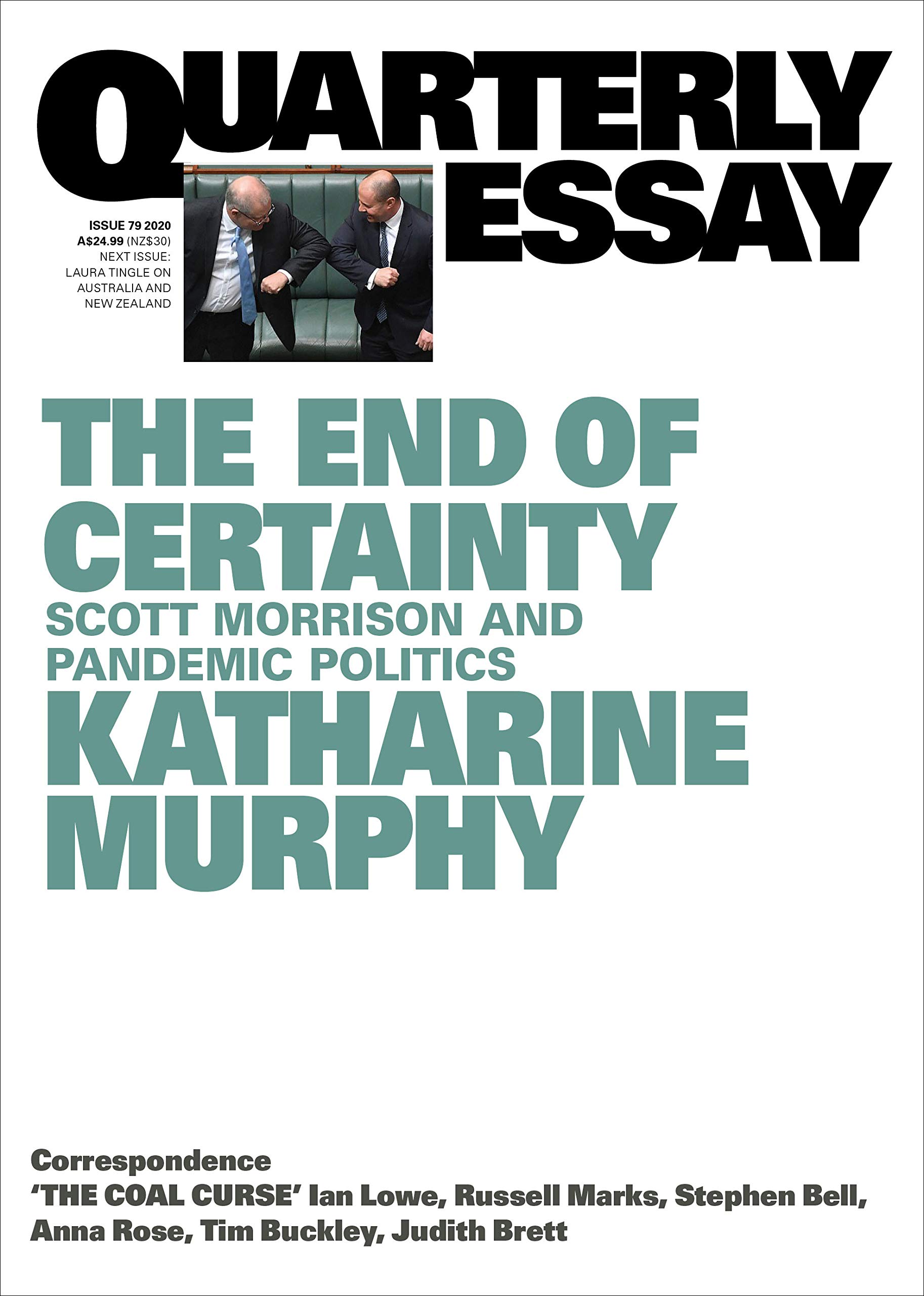What do you think?
Rate this book


144 pages, Kindle Edition
Published September 7, 2020
Fortuitously, Kennedy had conducted research on the economic impact of a pandemic, his interest triggered by avian flu and SARS. Back in 2006, he was the lead author of a departmental working paper that had concluded that a highly contagious pandemic could knock 5 per cent off GDP during the first year. (p.37)